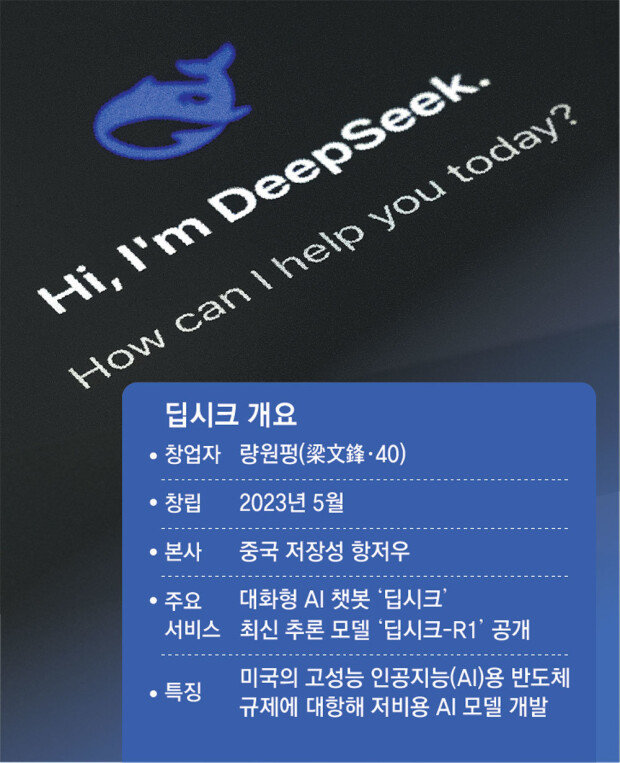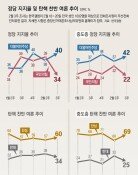Counterattack of low-cost 'DeepSeek'
Counterattack of low-cost 'DeepSeek'
Posted January. 31, 2025 07:29,
Updated January. 31, 2025 07:29

As tensions between the U.S. and China escalate over high tariffs imposed by the second Trump administration, the two nations are now engaged in a fierce battle for dominance in the artificial intelligence (AI) sector. Chinese AI startup DeepSeek has made waves in the global tech and financial industries by launching R1. This AI model rivals OpenAI's ChatGPT at only one-tenth of the cost of its U.S. competitors such as OpenAI and Microsoft (MS).
The U.S. had previously imposed export restrictions on advanced AI semiconductors to China to maintain its dominance in AI and IT-related fields. However, DeepSeek's rapid rise has reportedly unsettled the U.S. government. According to Bloomberg News on Wednesday (local time), the U.S. is now considering expanding its restrictions to include the export of low-end AI semiconductors to China. The news agency reported that the Trump administration is reviewing regulatory measures not only for cutting-edge chips used for the development of AI but also for Nvidia's H20. This lower-spec AI semiconductor had previously been allowed to be exported to China. The report suggests that U.S. authorities are responding to concerns that China's AI technology is advancing more rapidly than expected.
DeepSeek has already shocked the global tech industry by claiming that its AI model R1, built solely using Nvidia's older H800 AI chips, outperforms OpenAI's latest o1 model, while operating at only one-tenth of the cost. Some experts question whether DeepSeek's cost calculations have been understated or if the company secretly acquired newer Nvidia semiconductors in defiance of U.S. regulations. However, regardless of the specifics, DeepSeek's ability to develop a model of comparable performance at a significantly lower cost has astonished the industry. Analysts predict that the technological rivalry between the U.S. and China will soon extend beyond the government level and escalate into an all-out competition between private enterprises.
Woo-Sun Lim imsun@donga.com
Headline News
- “I never saw a proclamation with president’s signature,” says former JCS martial law chief
- Korea’s 2025 economic growth rate projected to record only 1%
- Chey Tae-won visits U.S. and says S. Korea has invested 230 trillion won in U.S., emphasizing partnership
- DP considers peaceful use of nuclear power to appeal to center-right wingers
- Rosé wears 'Speedcat' proving S. Korean culture's huge influence on fashion







